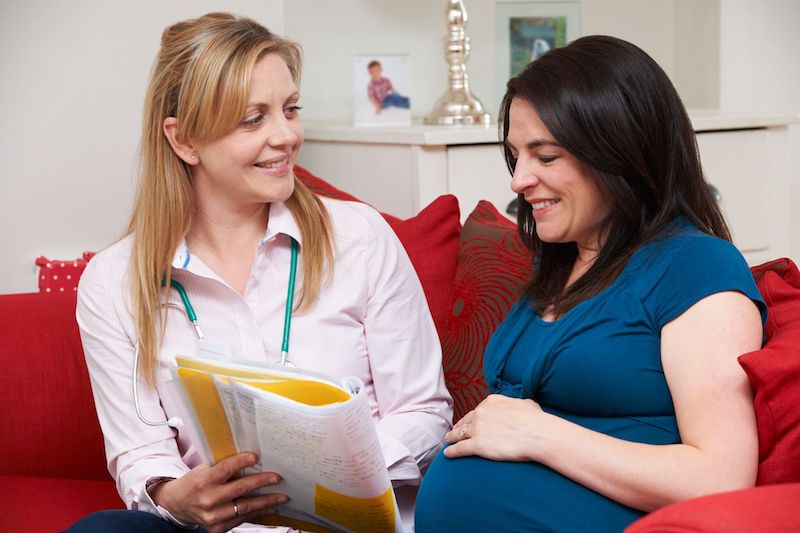Pregnancy is often described as a time of joy and anticipation, yet for many women it also brings significant emotional and psychological challenges. Accessing psychotherapy Dublin services can be particularly valuable, as these provide professional support to expectant mothers navigating the complexities of mental health during this transformative period.
Emotional Challenges During Pregnancy
Pregnancy can trigger a wide range of emotions, from excitement to anxiety. Hormonal changes, concerns about childbirth, and the anticipation of parenthood may all contribute to fluctuating moods. For some women, these emotional shifts can become overwhelming and may lead to anxiety, stress, or even depression. Recognising these challenges is an important first step towards seeking help and ensuring both mother and baby benefit from a positive environment.
Why Psychotherapy Matters
Psychotherapy offers a safe and structured space for women to explore their thoughts and feelings without judgement. During pregnancy, this support becomes especially crucial as it helps to manage heightened stress and anxiety levels. A therapist can work with mothers-to-be to develop healthier coping strategies, identify triggers, and address underlying concerns that may affect wellbeing. By doing so, psychotherapy plays a preventative role, reducing the risk of more severe mental health issues developing later on.
Building Resilience for Parenthood
Preparing for motherhood involves more than physical readiness. The psychological adjustments required can be immense, and psychotherapy supports this transition. Women can strengthen resilience through regular sessions, building the confidence needed to manage the uncertainties of pregnancy and early parenthood. When emotional wellbeing is prioritised, it contributes positively to relationships, decision-making, and overall family dynamics.
Addressing Common Concerns
Many pregnant women experience worries about their body image, changing roles, or the possibility of complications. Left unspoken, these fears can create significant stress. Psychotherapy encourages open dialogue about such concerns, helping women to gain clarity and perspective. For those who may have experienced previous pregnancy loss or trauma, therapy can also provide essential healing, allowing them to approach the current journey with renewed strength.
Benefits for the Baby
Maternal mental health has a direct influence on the wellbeing of the unborn child. Research suggests that high stress levels during pregnancy may impact foetal development. By engaging in psychotherapy, women can reduce stress hormones and create a calmer, more supportive environment. This, in turn, benefits both the physical and emotional health of the baby.
Support Networks and Location Matters
While support from family and friends is important, professional guidance ensures that mental health needs are thoroughly addressed. In places such as Dublin, a growing focus on maternal mental health means that women have access to therapists who understand the unique pressures of pregnancy. Whether through individual sessions or group support, these services provide a valuable lifeline.
Psychotherapy as Part of Holistic Care
It is important to view psychotherapy as part of a wider approach to prenatal care. Alongside regular medical check-ups, nutritional guidance, and physical activity, mental health support ensures that mothers are cared for in a comprehensive way. By integrating therapy into routine pregnancy care, women are empowered to look after both mind and body.
Moving Beyond Stigma
Despite increasing awareness, some women hesitate to seek psychotherapy due to fears of being judged or misunderstood. Overcoming this stigma is essential, as mental health is just as important as physical health during pregnancy. Normalising therapy as a positive and proactive choice encourages more women to seek the help they need.
Conclusion
Pregnancy is a profound journey that brings both joy and challenges. Psychotherapy provides a crucial support system, helping women to process emotions, manage stress, and build resilience for motherhood. By addressing mental health needs during this stage, mothers can create a more nurturing environment for themselves and their babies. For expectant mothers in Dublin and beyond, professional support services stand as an essential part of ensuring a healthy, balanced, and confident transition into parenthood.





